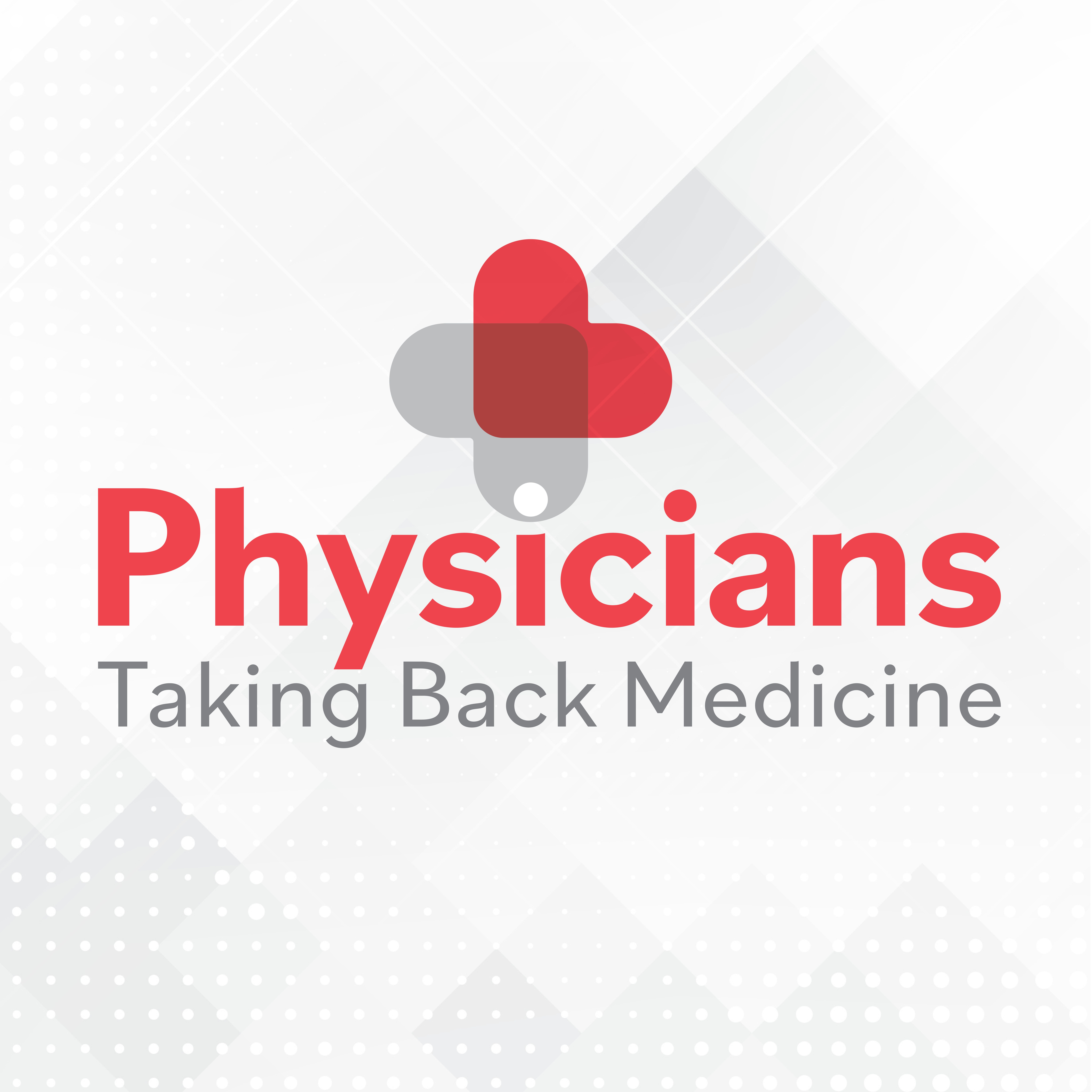News
Article
Dr. Lorna Breen burnout bill reauthorization moving to House committee
Author(s):
Energy & Commerce holding markup session on 28 bills involving health care, other sectors.
© Teeradej - stock.adobe.com

Physician burnout is at the heart of a landmark bill that the U.S. House of Representatives will consider for renewal.
HR 7153 is the “Dr. Lorna Breen Health Care Provider Protection Reauthorization Act,” the second version of legislation that Congress and the president approved in 2022 to address burnout in physicians and other clinicians. It will expire this year, but on March 20, 2024, the U.S. House of Representatives’ Energy & Commerce Committee will consider the renewal among 28 bills that would affect various aspects of the U.S. health care system, along with energy, the environment, communications and technology.
J. Corey Feist, JD, MBA, is the co-founder and CEO of the Dr. Lorna Breen Heroes’ Foundation. He also is brother-in-law to Dr. Lorna Breen, a Virginia native and New York City emergency physician who died by suicide in April 2020, after dealing with the physical and emotional strain of the COVID-19 pandemic.
Feist discussed the effects of the law and the state of health care regarding burnout among physicians and other clinicians. There has been progress, and there is more to do.
This transcript has been edited for length and clarity.
Medical Economics: Regarding the 2022 bill, there was funding of $103 million dollars across 44 organizations to address burnout. What are some examples of programs that worked well?
J. Corey Feist, JD, MBA
© Dr. Lorna Breen Heroes’ Foundation

J. Corey Feist, JD, MBA: The programs … have been very impactful. The programs have only been implemented really for the last 18 months. Right now, there are 44 grant recipients that impact over 60,000 health workers. They are in 25 states plus Puerto Rico. And the grants are working with physicians, medical students, residents, nurses, nursing students, social workers and many, many more, to really try to address a myriad of factors. Some of them are improving mental health services. As an example of that, one of the organizations has developed an interactive web survey and an app-based screening program. Another has created an expanded mental health training and screening program to identify signs of mental health and substance use disorders. There's another program that's providing stress and trauma supports, while another is really working on incorporating wellness education and training. And at least 80% of the grantees have trained at that one location, have gone through training, so they've been able to really do large scale training. And then I would say that there have been a number of organizational change efforts focused on leadership, focused on engaging the workforce to advance solutions, and then the important factors around measuring burnout and well-being and trying to make sure that the work that is being done and focused on is really being driven by the workers themselves, the frontline workforce, not just the leadership. Those are just some examples of the work that's being done so far.
Medical Economics: In the past, we've talked about the importance of removing questions about physicians seeking mental health care from licensing and employment documents. Has that been happening?
J. Corey Feist, JD, MBA: It's happening fast. We have a long way to go, but it is happening fast. Look no further than the Commonwealth of Massachusetts in December of 2023. They announced commonwealth-wide that there would no longer be these questions whether you’re a licensing board of doctors or nurses or a hospital or an insurance company. They made a commonwealth-wide commitment to do this work. In Virginia during the past year, we've changed the licensing laws so that 500,000 health workers in 62 different professions no longer have to worry about these questions on their licensing application. And at the same time, 75% of the hospitals in Virginia changed their credentialing questions. As part of that effort, the largest hospital system in the country, HCA, changed their questions for all of their workforce in all of their hospital facilities across the entire country. So we've made incredible progress. The last thing I would say which is also really important for this year, is that there's an organization called the National Association of Medical Staff Services, or NAMSS. NAMSS issued their 2024 nationwide credentialing standards, just at the turn of the turn of the clock of the year and incorporated removing these questions into those standards across the country. March 25 we will have our first launch of our challenge our champions challenge for all 6,000 hospitals in this country that are members of NAMSs to use the toolkit from the Lorna Breen Foundation, change these questions at a local level and then make sure that the workforce knows that the rules have changed. So much of health care training and practice, the workforce hears the message: You can't take care of yourself, let alone go to mental health care, without some kind of repercussions. This needs to be communicated to the workforce so that they understand what the rules are, and they can get the care they need.
Medical Economics: In your congressional testimony earlier this year, you had cited figures from a report by the U.S. Centers for Disease Control and Prevention (CDC) of October 2023, that was specifically dealing with some findings about burnout. Can you review those?
J. Corey Feist, JD, MBA: What the CDC issued was really an important moment. In 2021, on the one-year anniversary of my sister-in-law's death, we were asked in a public interview about whether we were concerned about an upcoming mental health crisis among health workers. And when my wife, Jennifer, answered that question, she said, there's no doubt in my mind. When the workforce is going through a traumatic episode, or when anyone goes through a traumatic episode, you're just trying to get through it. But when you come out of the other side, that's when PTSD (post-traumatic stress disorder) and other kinds of mental health conditions really start to show. What the CDC issued in their report is that workplace harassment against health care workers has doubled from 2018 compared to 2022. Burnout has increased across the entire workforce, up to 46% of health workers, up from 32% in 2018. And then the intent to leave has also gone up significantly such that 44% of the workforce is intending to leave, which is a really dire thing when you think about how the general population is aging right now. And we are going to experience a huge spike in the elderly populations over the next 10 years while the workforce in health care is deciding that they don't want to show up anymore because of the workplace conditions. We've got this mismatch between where the need is going to be greatest and whether the supply of workers is going to be at its lowest.
Newsletter
Stay informed and empowered with Medical Economics enewsletter, delivering expert insights, financial strategies, practice management tips and technology trends — tailored for today’s physicians.
2 Commerce Drive
Cranbury, NJ 08512
All rights reserved.





